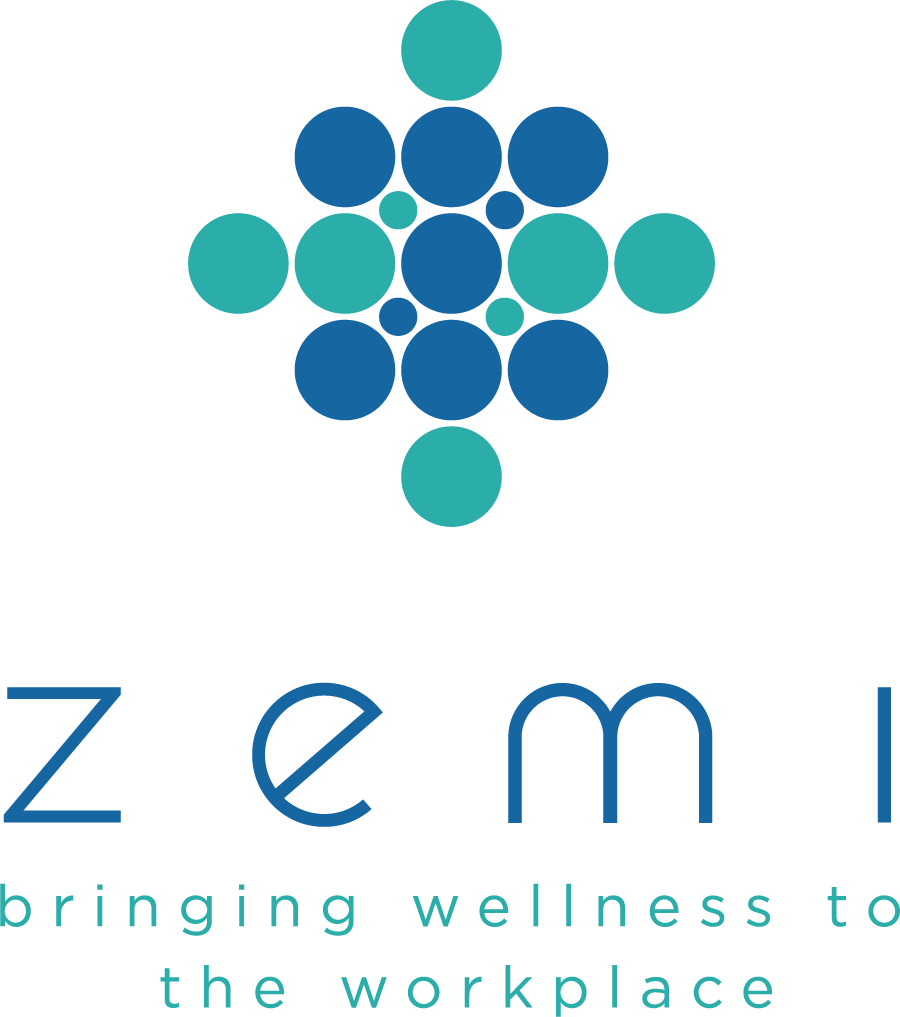So many diets! Which one is right for you?
There are so many diets out there that it can be hard to know which ones are actually good for your body, and which will make you feel worse than before. We are going to explore five common diets, along with the pros and cons of each. This article is not intended to convince you that any particular diet is right for you, but rather to help you make an informed decision about what may be best for your health.
THE KETO DIET
The keto diet, or ketogenic diet as it Is also known, is a low carb diet that was developed to help people with epilepsy who do not respond to medication. The diet has since become popular among people looking to lose weight and improve their health.
The classic ketogenic diet is a high fat, low carb diet that involves eating foods like meat and fish with little-to-no starchy vegetables such as potatoes (which are high in carbs) or corn (which contains sugar). It also involves consuming high amounts of healthy fats like avocado oil while avoiding refined sugars as much as possible.
The benefits of the Keto Diet are numerous, with many people reporting a lower weight and better overall health. However, it is also important to note that the keto diet can be difficult to follow as it involves completely changing your eating habits, and you really have to cut down on carbs or it could lead to weight gain.
THE PALEO DIET
The Paleo diet is a diet that is high in protein, moderate in fat and low in carbohydrates. The Paleo diet is based on the idea that the human body is genetically programmed to eat the foods that were available to our hunter-gatherer ancestors (think lean meats, fish and fresh fruits and veggies). This means that you have to say goodbye to grains, sugars and processed foods (like breads).
The benefits of this type of diet include weight loss; however there are some risks involved: if you do not choose organic meats then they may contain toxins such as antibiotics and hormones which can be harmful to your health over time; also eating too much meat could lead up having anemia since iron is not easily absorbed by our bodies when there is not enough Vitamin C present.
THE FAT FREE DIET
The fat free diet is a low fat, high carbohydrate diet. It's meant to help you lose weight and keep it off. The idea behind this diet is that you can eat as much food as you want without gaining weight because there are no fats or oils in your food.
The problem with this diet is that it encourages people to consume too many carbohydrates and not enough protein. Also, when a product is labeled “fat free” it usually contains more added sugars. Some fats are healthy for the body and are needed to absorb certain vitamins, such as Vitamin A, E and D. Fats also help you feel full longer and can prevent heart disease.
VEGETARIAN DIET
A vegetarian diet is a plant-based diet. Vegetarians can eat a variety of foods including fruits, vegetables, nuts, seeds, grains and beans or legumes. A vegetarian’s diet may also include dairy products and eggs if they choose to do so.
A vegetarian’s diet can be very effective for weight loss because it focuses on low-calorie foods that are high in fiber and nutrients such as vitamins A & C plus iron (which helps carry oxygen throughout your body). They are lacking in the vitamin B12 which is found in meat, fish and eggs. You most likely will need to take a vitamin supplement to get this nutrient. With this diet one might not be getting enough protein as well. To make sure you are getting enough protein, you will need to focus on foods such as tofu and beans, and to pair them with some grains. You will get more protein through eating dairy products and eggs.
VEGAN DIET
The vegan diet is a way of living that seeks to exclude the use of animals for food, clothing or any other purpose. Vegans do not eat meat (including fish, shellfish and insects), poultry, eggs, dairy products or honey. They also do not use animal products such as leather shoes or silk scarves.
Vegans consume only plant-based foods such as fruits, vegetables, grains and nuts; legumes (beans); seeds; fungi such as mushrooms; yeasts used in baking breads; refined sugars derived from sugarcane rather than honey; vegetable substitutes for milk like soy milk or rice milk instead of cow’s milk which has been treated with hormones so it grows faster than normal cows would - making them sicker animals!
You have to be more mindful of the same deficiencies with the vegetarian diet.
If you are looking to lose weight or improve your health, there are many different diets out there to choose from. You may have heard about some of them and wondered if they are right for you.
The most important thing to keep in mind, is that we are all different. There is no “one size fits all” diet. The one that you can digest easily, and makes you feel good, could be a good diet for you, however many factors come into play.
The good news is each of these diets have been reviewed in depth so it can be helpful to look into these reviews and/or enlist a nutritionist’s help to determine which one is best for your needs. Keep in mind that our needs change throughout our lives. For example, a three years old’s diet requires different nutrients from a 70 year old’s diet. Pregnancy, infancy and athletes verses sedentary individuals also require special consideration.
The best diet for you is one that can be sustained, consists of whole foods, does not have any negative side effects and allows you to enjoy eating.
